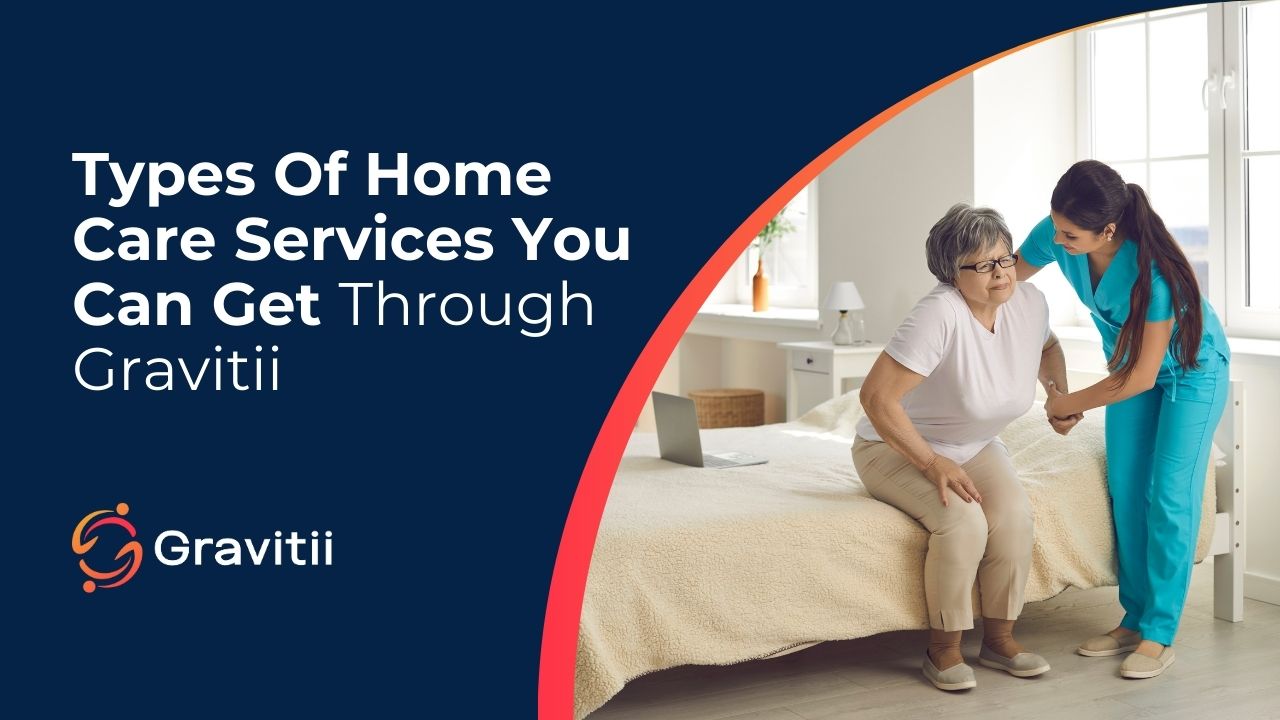Gravitii requires all care providers to be registered and in good standing with the BC Care Aide and Community Health Worker Registry (cachwr.bc.ca) or the Alberta Health Care Aide Directory.
Health (Home) Care Aides, HCAs, learn various skills to provide quality care to clients in a home setting. These skills typically cover the supportive aspects of medical and non-medical care, including:
Personal Care Assistance
HCAs help clients with activities of daily living (ADLs), including bathing, dressing, grooming, and toileting.
Mobility Assistance
They assist clients with mobility, transfers, and exercises to improve strength and flexibility.
Medication Management
HCAs may be delegated to administer medications, track doses, and ensure clients take their medications as prescribed.
Vital Sign Monitoring
They learn how to measure and record vital signs, such as blood pressure, pulse, temperature, and respiratory rate.
Nutrition and Meal Preparation
HCAs prepare meals, assist with feeding, and help clients follow dietary restrictions or special diets.
Hygiene and Infection Control
They are trained in maintaining a clean and safe environment, following infection control protocols, and preventing the spread of illnesses.
CPR and First Aid
HCAs often have basic training in cardiopulmonary resuscitation (CPR) and first aid to respond to emergencies.
Record Keeping
They maintain accurate records of care provided, including medications administered and changes in the client’s condition.
Communication Skills
HCAs learn effective communication to understand and meet clients’ needs, provide emotional support, and report any concerns.
Cognitive Support
For clients with cognitive impairments, HCAs provide support and engage in activities that stimulate memory and cognitive function.
Dementia Care
Specialized training in dementia care equips HCAs to care for clients with Alzheimer’s or other forms of dementia.
Client Safety
They ensure clients’ safety by identifying and mitigating hazards in the home environment.
Palliative Care
Training in palliative care enables HCAs to provide comfort and support for clients with serious illnesses at the end of life.
Pediatric Care
Specialized skills are necessary for caring for children, including understanding their unique developmental needs.
Mental Health Support
They may be trained to support clients with mental health challenges and provide emotional support.
Cultural Competency
Understanding and respecting the diverse cultural backgrounds of clients is crucial for providing culturally sensitive care.
Proper Body Mechanics
To prevent injuries, HCAs learn how to lift, move, and assist clients safely using proper body mechanics.
Documentation
Keeping detailed and accurate records is essential for tracking care and sharing information with other healthcare professionals.
The specific skills and training required can vary based on regulations and the individual needs of clients. HCAs often undergo formal training programs, which may include classroom instruction and hands-on clinical experience. Continuous education and ongoing training help HCAs stay current with best practices in home care.

